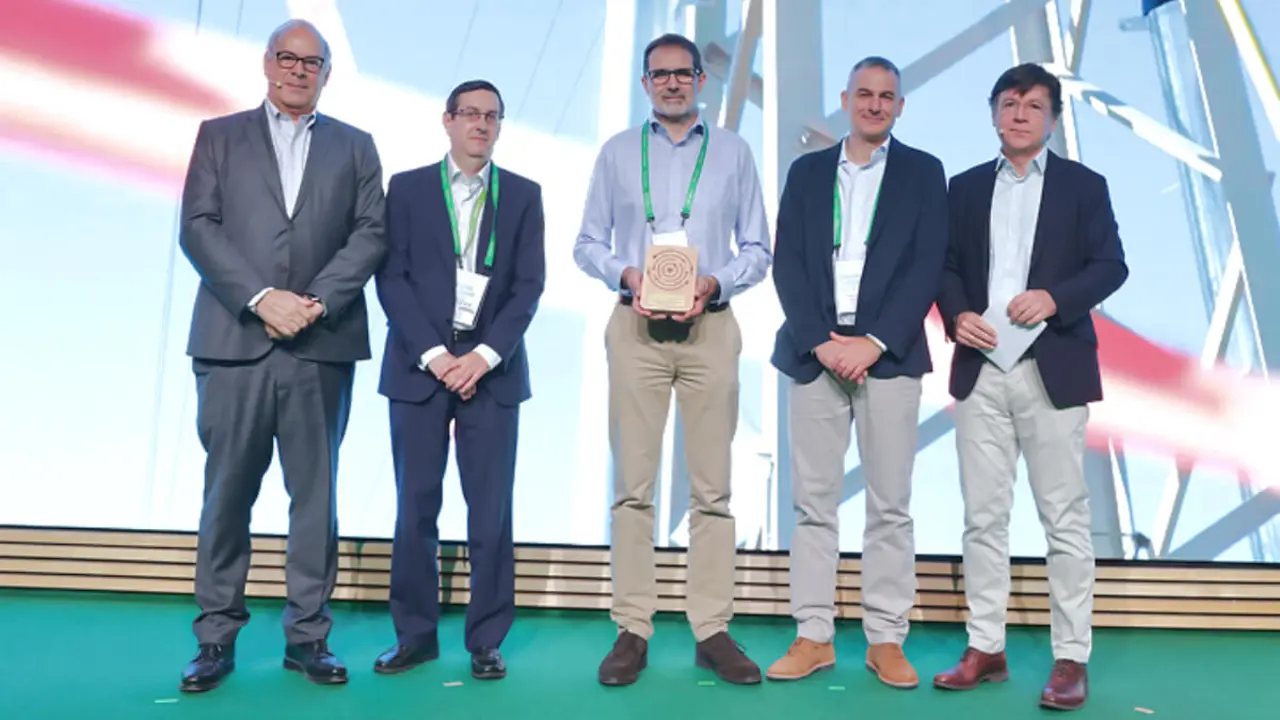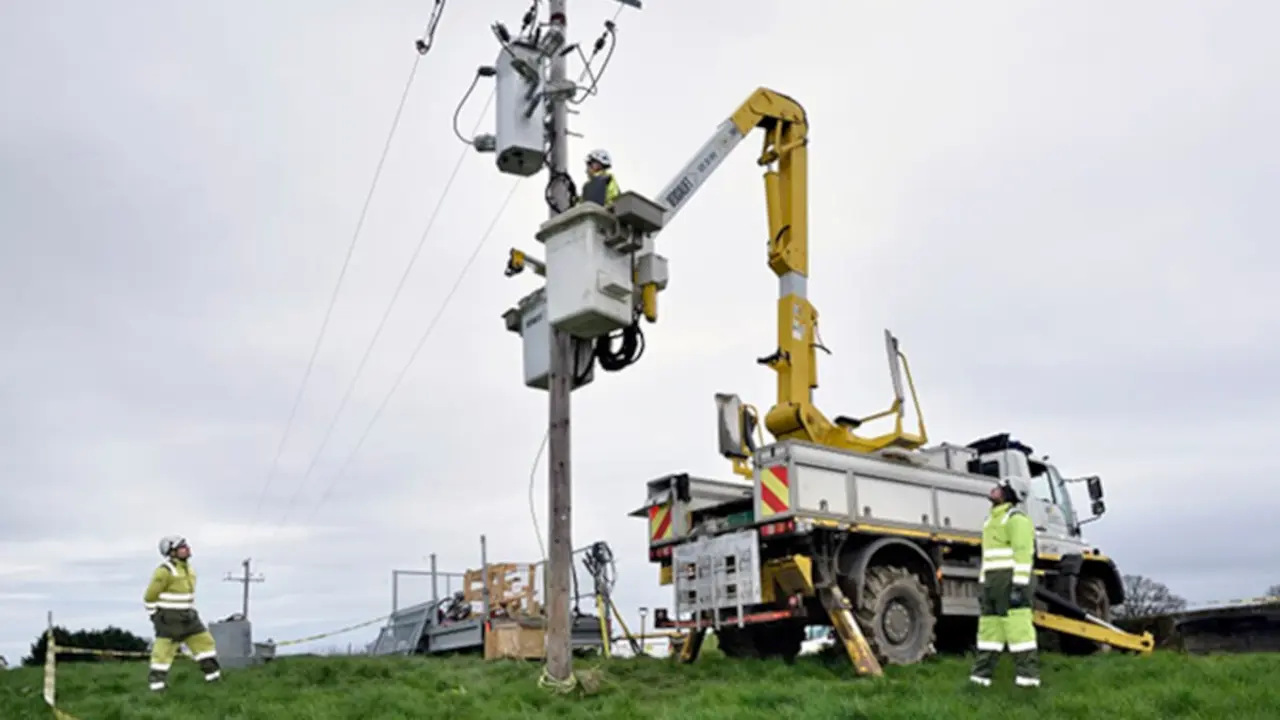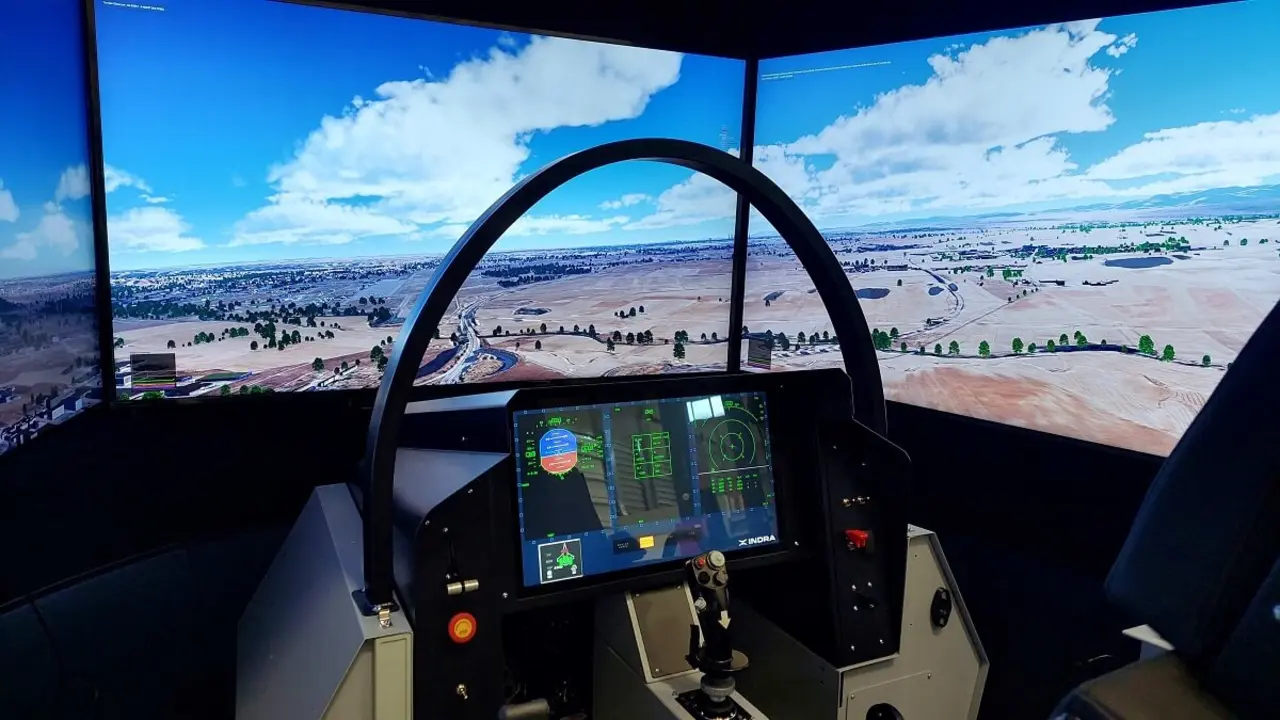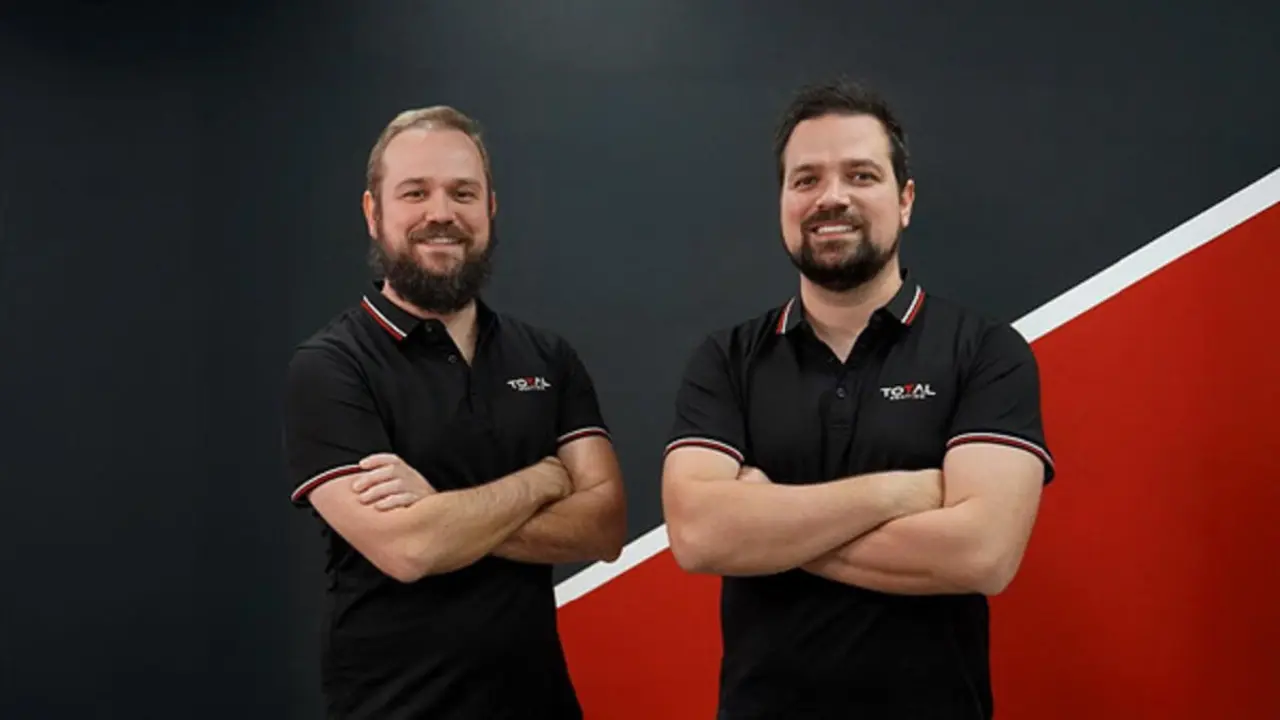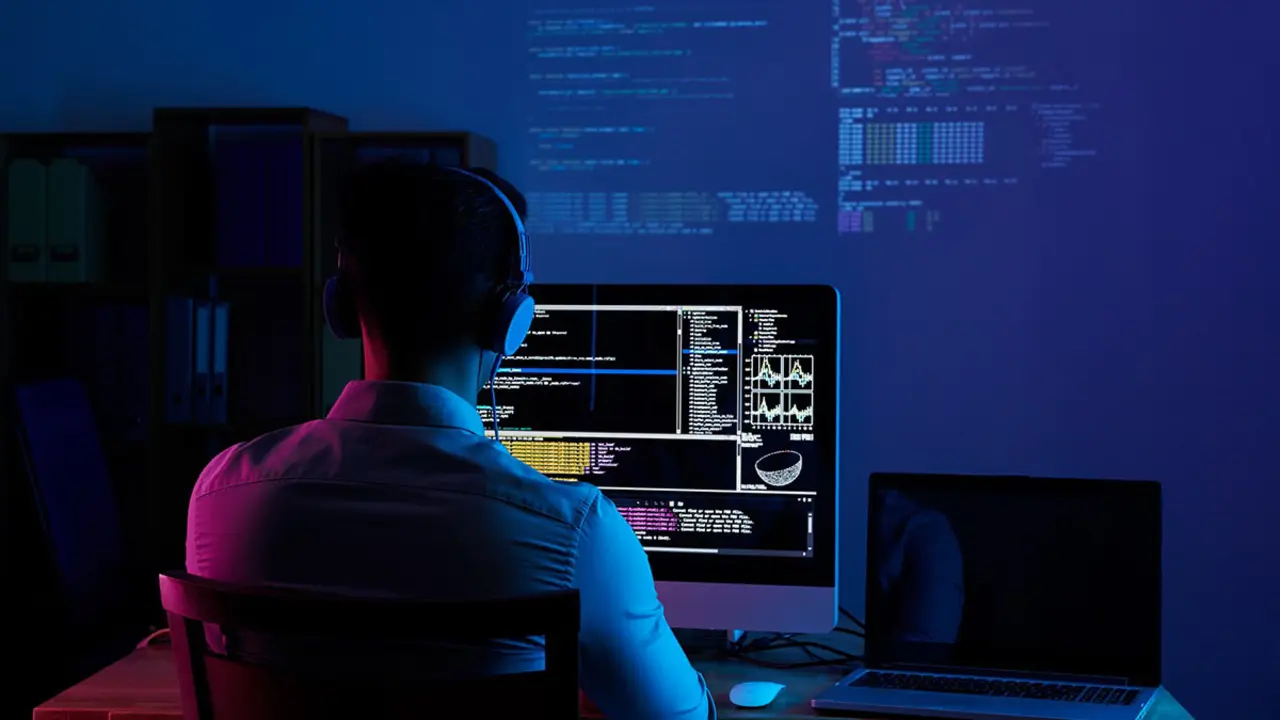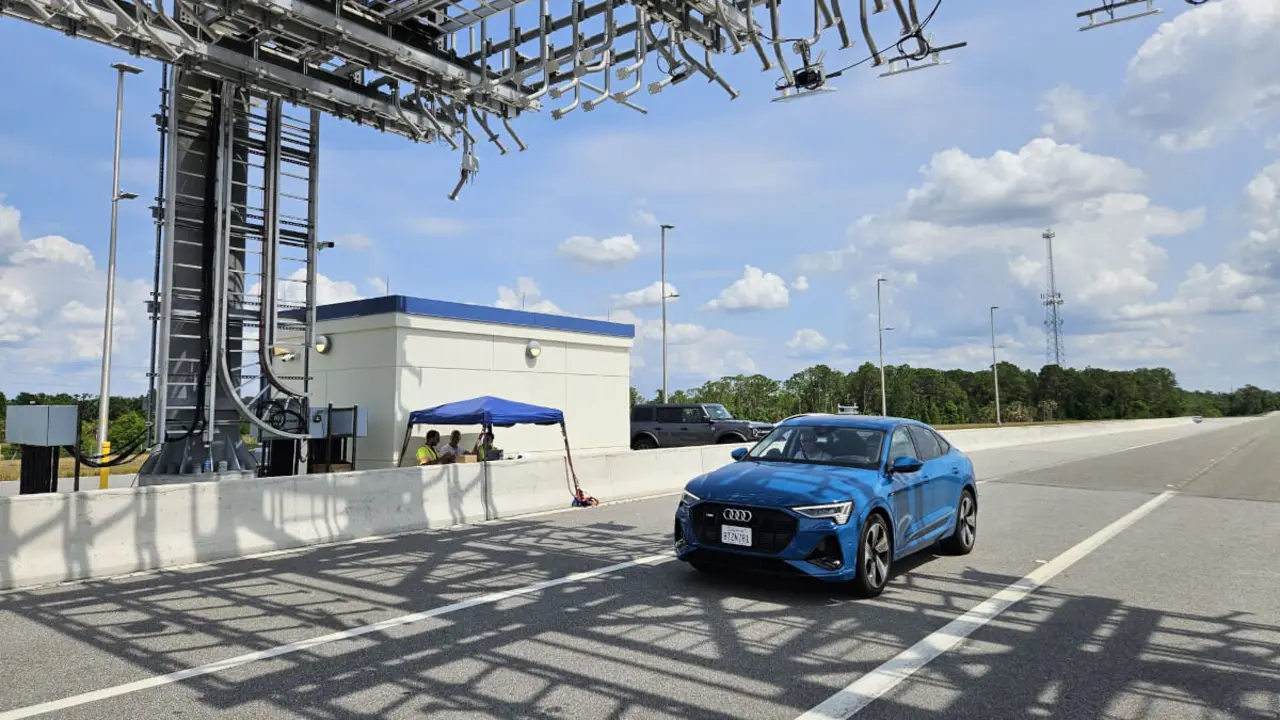Nearly 800 students break the digital gap thanks to Ayuda en Acción and CAF

The pandemic has made new technologies an essential tool for guaranteeing the right to inclusive, quality education with equal opportunities for all students. However, the barriers to access and use of technology encountered by 1 out of 10 students in Spain become insurmountable obstacles in contexts such as the one generated by COVID-19. In response to this situation, Ayuda en Acción, thanks to the contribution of CAF, Development Bank of Latin America, has launched the Resilient Digital Schools project, through which it supports 13 schools in Andalusia, Aragon, Extremadura and the Balearic Islands in their digital transformation.
Both institutions have organised a day of exchange of experiences to highlight the learning and results obtained during this first semester. Since January of this year, they have provided nearly 800 5th and 6th grade primary school students with Chromebooks for individual use, which has served to ensure their access to a 100% digital education. The project has provided training to 144 teachers who have developed their digital knowledge and skills, trained and accompanied the ICT managers of the educational centres and supported the centres in the construction and development of their own digitisation plan and sustainability model.
During the opening of the conference, Jaime Montalvo, President of Ayuda en Acción, expressed his satisfaction at being present at this meeting "with the most important part of our work in Spain: our teachers. Part of the success of this project and others that we develop is the drive and impetus given by our educators. They have not only worked with great effort not to leave any student alone during the confinement, but they also fight every day to guarantee the right to inclusive education to all students".
In the words of José Antonio García Belaunde, CAF's representative for Europe, "the problems of digitalisation in schools are not exclusive to Latin America, as we see that in countries such as Spain there are still gaps in the most vulnerable areas. CAF has always shown its commitment to its member countries, and in these moments of fragility in certain sectors, is where it demonstrates its duty as an ally". The executive added that "it is extremely important to find models that can be replicated in the region and that allow us to learn from them in order to carry out projects that generate a high impact".
Teachers and management teams also had the opportunity to share their experiences and express the main challenges they face in their digital transformation. During their interventions, they stressed the importance of having a medium- and long-term plan to accompany them. They also recognised that their leadership capacity is fundamental for the sustainability of the project and to drive the change that they have initiated thanks to Resilient Digital Schools.

Increased student motivation and concentration, a significant improvement in their learning process and the opportunity to develop their digital skills at school. These are the main benefits of the use of technology in the classroom highlighted by the teachers who participated in the project.
At the end of last year's school course, 88% of families participating in Ayuda en Acción's social action programme in Spain did not have sufficient connectivity in their homes and 6 out of 10 students had such basic digital skills that they were unable to work with online documents or attach files to an email. These were some of the main conclusions drawn by Ayuda en Acción from a study it conducted to analyse the needs, difficulties and strengths of 37 educational centres during the period of confinement. As a result of these findings, the NGO and CAF launched Resilient Digital Schools in January of this year with the aim of helping the education system, and especially its digital transformation, to leave no student alone.
"Our experience with Resilient Digital Schools is not only allowing us to break the digital gap between our students, families and teachers, with a more appropriate and adapted training to the educational process. It is also making it easier for our students to access a more equal education", highlights David Núñez, director of CEIP Pablo VI in Seville.

And Virginia Notivoli, secretary of CEIP José Antonio Labordeta in Zaragoza, stresses: "In our school there are many families who do not have access to a computer or the internet, and the fact that they can use a device in class is a great opportunity for them, as it will also allow us to work on their digital skills. We must not forget that, although they belong to the generation of digital natives, they do not know how to use a computer, write an email or search for information on the internet. This will open many doors for them in the future”.
Resilient Digital Schools will continue during the first semester of the 2021-2022 academic year, following up on the evaluation of the social impact of the project, which is expected to be completed in November. This evaluation will allow to know the extent of the results achieved and, simultaneously, to create a working model so that the project can be replicated and scaled up in other Latin American countries where both institutions have a presence.

